Sebastian Junger's 6 favorite books
The journalist behind the Oscar-nominated documentary Restrepo shares his favorite reads on war and society
1. At Play in the Fields of the Lord by Peter Matthiessen (Vintage, $17).
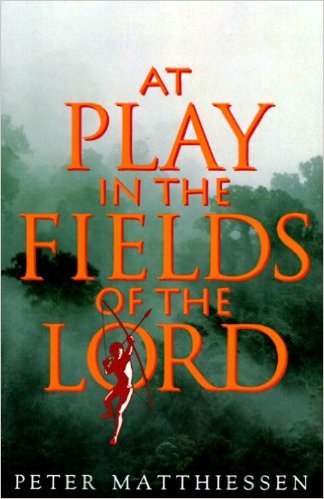
Two mercenaries fly a plane into the remote Amazon jungle and are then hired to bomb an indigenous village. One of them decides to join the villagers instead, and when he parachutes out of his plane, he lands in their midst as a god...
2. Suttree by Cormac McCarthy (Vintage, $16).
The Week
Escape your echo chamber. Get the facts behind the news, plus analysis from multiple perspectives.

Sign up for The Week's Free Newsletters
From our morning news briefing to a weekly Good News Newsletter, get the best of The Week delivered directly to your inbox.
From our morning news briefing to a weekly Good News Newsletter, get the best of The Week delivered directly to your inbox.
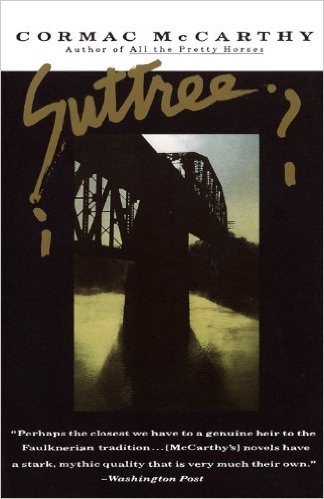
A former professor living on a Tennessee River houseboat ekes out a livelihood selling his catch, then drinks away his profits with Knoxville's misfits and miscreants. McCarthy's prose is ancient and exact and mythic, and his portrait of America's underbelly in the 1950s is shocking in its depiction of human degradation.
3. Thieves of State by Sarah Chayes (Norton, $17).
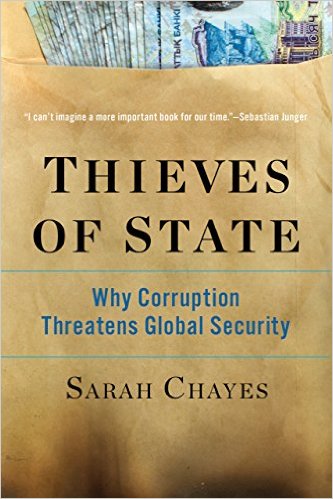
Chayes' thesis here is both radical and incredibly obvious: Corruption is the common denominator among societies where radical Islam is ascendant. ISIS, the Taliban, Somalia's al-Shabab, and Nigeria's Boko Haram all gained footholds, we're told, because they promised to eradicate the corruption of despotic regimes. If this is so, corruption should be our target, too.
4. Empire of the Summer Moon by S.C. Gwynne (Scribner, $17).
A free daily email with the biggest news stories of the day – and the best features from TheWeek.com
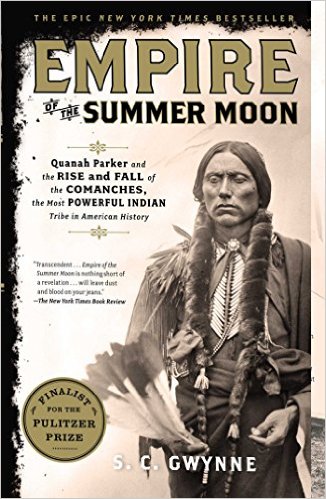
This book recounts how the Comanche, through extraordinary fighting and survival skills, succeeded longer than any other Native American group in blocking white society's intrusion on their land. Central to the story is Quanah Parker, a mixed-race war leader whose white mother was captured by the Comanche as a teenager.
5. Radical Hope by Jonathan Lear (Harvard, $21).
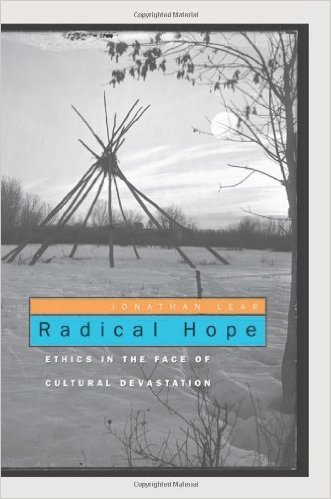
How does a society survive the complete collapse of its economic and ethical systems? Lear, a philosopher and historian, explains how the radical vision of Chief Plenty Coups saved his fellow Crow from physical and spiritual annihilation in the 1870s. This is one of the most profound and exciting books I have ever read.
6. Sapiens by Yuval Noah Harari (Harper, $30).
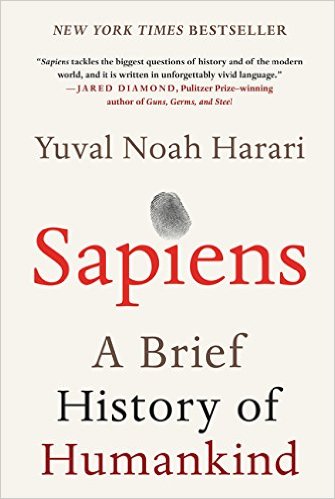
This exhilarating book retells the 2 million–years-long story of humankind's evolution, right through industrialization. Harari is implacably literal, refraining from both political correctness and any pro-Western or even pro-human bias. The scope of his inquiry is astonishing.
— Journalist Sebastian Junger is the author of The Perfect Storm and co-director of the Oscar-nominated war documentary Restrepo. His new book, Tribe, posits that PTSD is caused less by trauma than by the individualist culture veterans return to.
-
 What is at stake for Starmer in China
What is at stake for Starmer in ChinaToday’s Big Question The British PM will have to ‘play it tough’ to achieve ‘substantive’ outcomes, while China looks to draw Britain away from US influence
-
 How the ‘British FBI’ will work
How the ‘British FBI’ will workThe Explainer New National Police Service to focus on fighting terrorism, fraud and organised crime, freeing up local forces to tackle everyday offences
-
 The best family hotels in Europe
The best family hotels in EuropeThe Week Recommends Top kid-friendly hotels with clubs, crèches and fun activities for children of all ages – and some downtime for the grown-ups